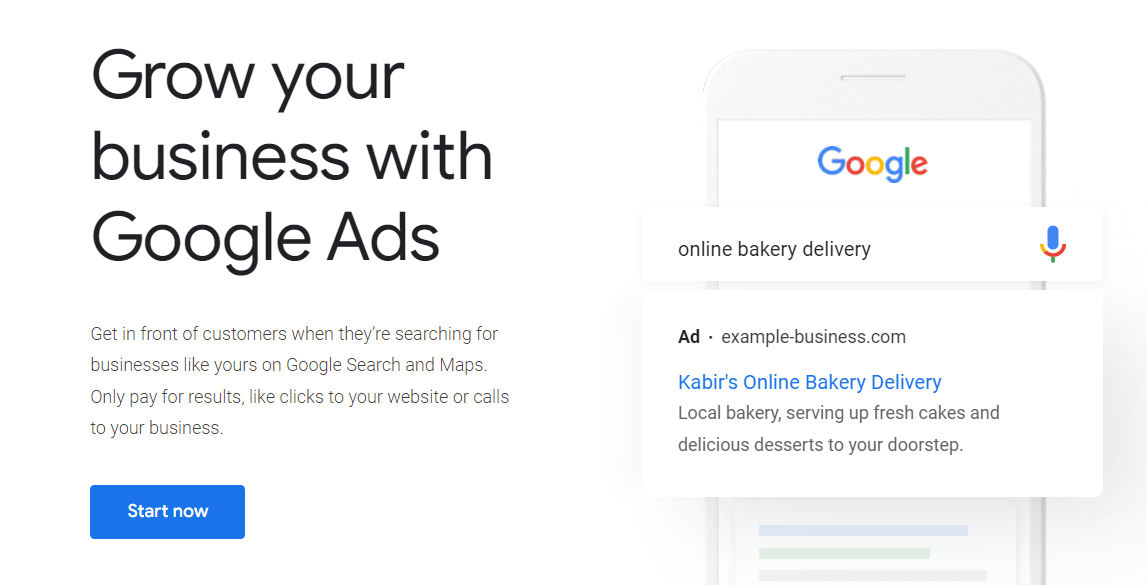
As the world’s undisputed leader in both online searches and advertising, Google rakes in billions. A good portion of their revenue comes from paid ads – ads that appear both in search engine results and on web pages, in mobile apps, etc. But could it be that Google is losing its tight grip on the paid ad model?
If Search Engine Journal’s Brooke Osmundson is correct, Google’s near-total control of the online ad space is waning. According to Osmundson, other players are starting to take market share away from Google. Microsoft is just one of them.
1. A New Advertising Partner
In a recent piece, Osmundson discussed the recent partnership between Netflix and Microsoft. As you may know, Netflix has decided to launch a cheaper ad-supported option by the end of 2022. They have chosen Microsoft as their digital ad partner.
The question is, why? Osmundson believes the rationale at Netflix is the same as that of a number of other companies that have dropped Google Open Bidding in recent months: Open Bidding is perceived as being unfair, giving preference to certain advertisers over others.
2. Open Bidding in a Nutshell
It is important to not confuse Google Open Bidding with pay-per-click (PPC) ads. PPC is still a viable strategy by which digital marketers bid and pay for ads that appear in organic search results. Open Bidding is an ad auction tool digital marketers use to access mobile apps, online services (like Netflix), etc.
That said, the bidding principle remains consistent across both PPC and Open Bidding. Advertisers submit bids in a competition to see who gets coveted ad space. The higher the bid, the greater the chances of getting that space.
Open Bidding is perceived as being unfair because, when advertisers utilize it, they allow Google to be the intermediary. Google ultimately decides winning bids and then forwards advertisements to platforms.
3. Connecting Directly with Platforms
Many of the ad services now competing with Google rely on what is known as ‘header bidding’. Under a header bidding scenario, ad auction platforms do not act as intermediaries. They act more like brokers that bring advertisers and platforms together in one space.
This is seen as fairer because advertisers win or lose bids based solely on their own merits and budgets. They do not have a third party influencing either businesses or their ads.
4. PPC Ads Are Not Affected
Right now, Google losing its grip on the paid ad space relates primarily to Open Bidding. Salt Lake City’s Webtek Digital Marketing (https://webtek.co/) says that PPC ads are not affected. They continue to operate on an entirely separate model.
Does this mean PPC will not ever be affected? Absolutely not. Some other platform could come up with a better PPC model that produces better results than Google’s. And if that were to be the case, the new model would certainly cut into Google’s market share.
It is not likely that another PPC model would ever overtake Google’s platform completely. After all, Google is the most dominant search engine on the planet. Microsoft’s Bing, which take second place, still isn’t even close.
5. Not the End of Google
You may be pleased that companies are looking to dump Google Open Bidding in favor of Microsoft or another ad auction platform. That’s fine. There are a lot of people who do not like Google and its business practices. But Google losing its tight grip on paid ads does not mean the end of the company. Even if Google does lose a significant share of paid ads on media platforms, they will find other ways to maintain their dominance.

